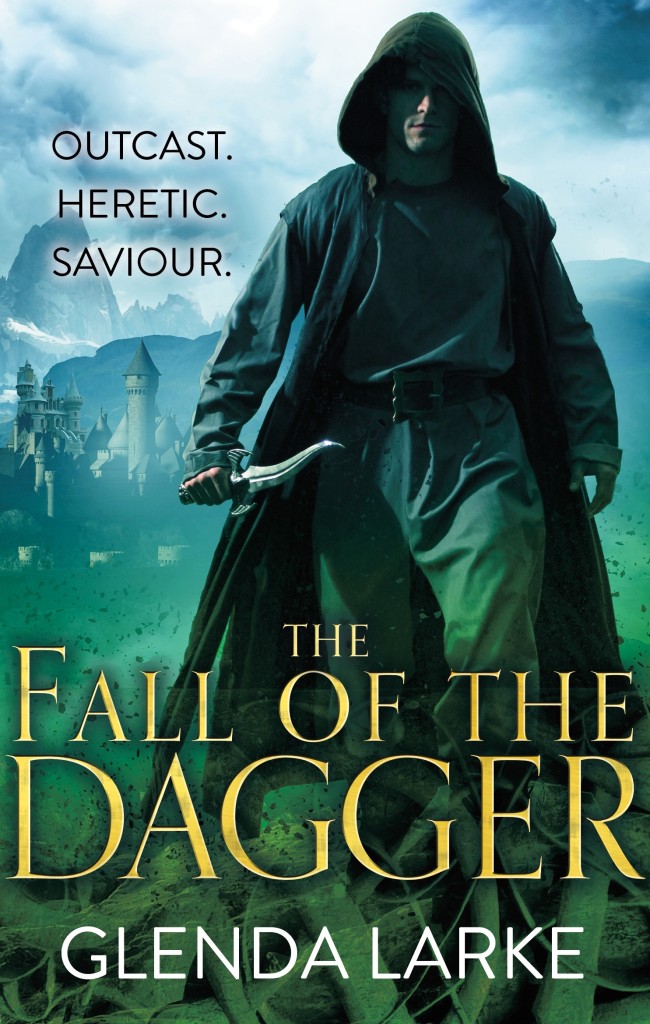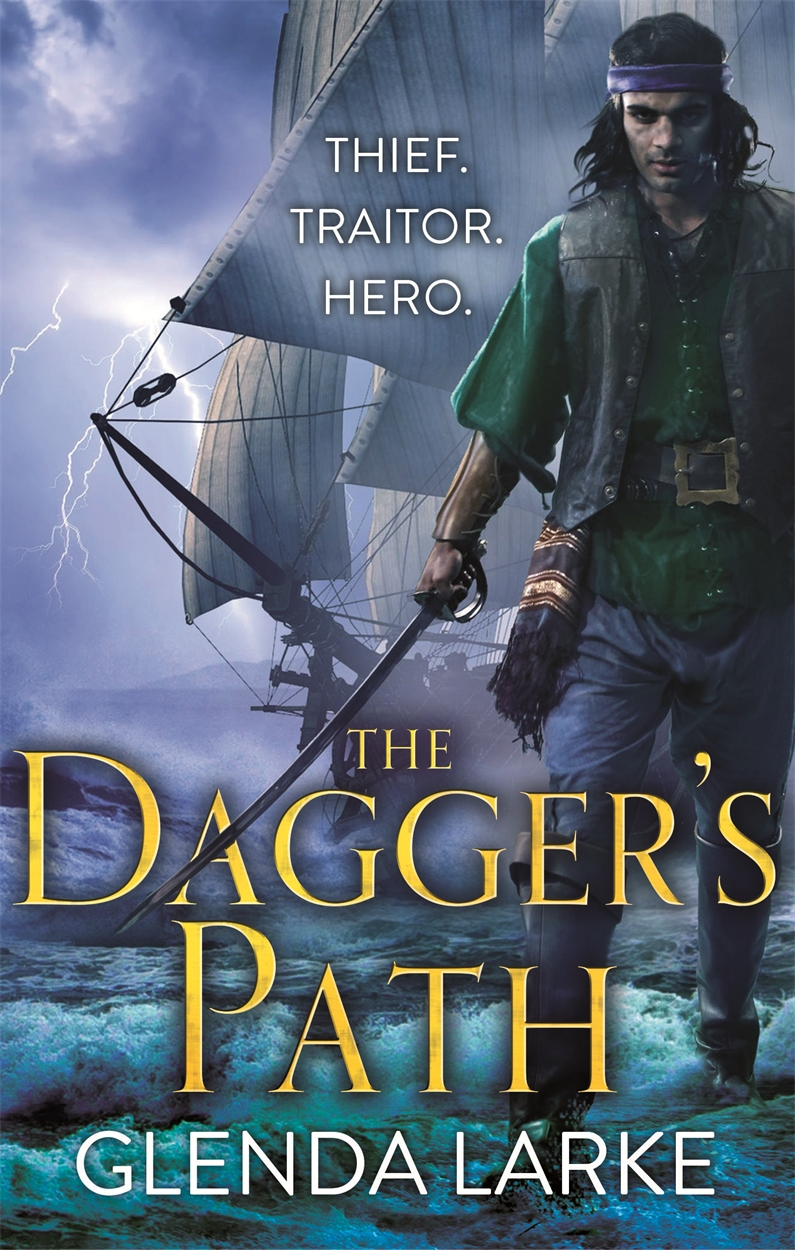Glenda Larke’s exciting new epic fantasy novel, THE LASCAR’S DAGGER, came out just last week. It is a tale of spying, of action and adventure in an unfamiliar land.
I was 21 years old when I discovered what it was like to be an alien.
I had just landed in a strange country at night, then was driven along dark country roads with rubber trees meeting overhead. Near our village destination, a coconut tree had fallen across the power lines, so when I met my husband’s parents for the first time, along with his brother and five sisters, it was by the flickering light of tiny coconut-oil lamps.
I soon discovered that my meagre knowledge of formal, grammatical Malay was about as much use in his village as a meagre knowledge of Oxford English would be to someone hearing Geordie dialect for the first time. The matriarchal society that was my husband’s by birth still used the Sumatran dialect they’d brought with them from Indonesia centuries earlier. I barely understood a word. At that point, I was overwhelmed by the feeling of not belonging, of being way out of my comfort zone.
As lovely as my in-laws were, I learned then, and in the years that followed, how challenging it is to be the stranger, the outsider. And as if that first total immersion by lamplight wasn’t enough, I did it again, repeatedly — living for years not only in west Malaysia, but also in Austria, in Tunisia, in Borneo. I had to learn the same tough lesson over and over, which was this: those around me weren’t weird. I was. It’s always the stranger who’s the alien.
It might have been a challenge for me to adapt, but it was also wonderful — a fascinating learning curve that never ended. No wonder, then, that I am intrigued by protagonists who are flung into unfamiliar worlds they don’t quite understand . . .
Like the lascar, for example, one of the protagonists in my new epic fantasy novel, THE LASCAR’S DAGGER, Book One of The Forsaken Lands. He is friendless and alone, half a world away from the place of his birth, learning to survive in a country where people dismiss his half of the globe as “forsaken”, that is, forsaken even by God. Or like Saker, the priest, reluctantly thrust into life at a royal court when he’d much rather lead a life of action. Or Lady Mathilda, a royal who must marry a man she doesn’t know and move to a foreign land for reasons of State. Or Sorrel Redwing, on the run from the law, learning to live in disguise as a servant. All are characters way out of their comfort zone.
Of all of them, the lascar has the hardest task because he’s the furthest away from all that is familiar. But then, he also has a very special dagger, or kris . . .
My husband wore a Malay kris the day we were married, tucked into the waist of his national costume like the warriors of a bygone era. The traditional form of the kris, usually with a wavy blade, is crafted from iron and meteorite nickel. Part of its mythos is the belief in a presence of a spirit (whether for good or evil) within the blade. Just as the kris in legend often possesses supernatural power or ability, so it is with the lascar’s dagger of my novel. Just what it’s up to is quite another matter, and for that, you’ll have to read the book.









